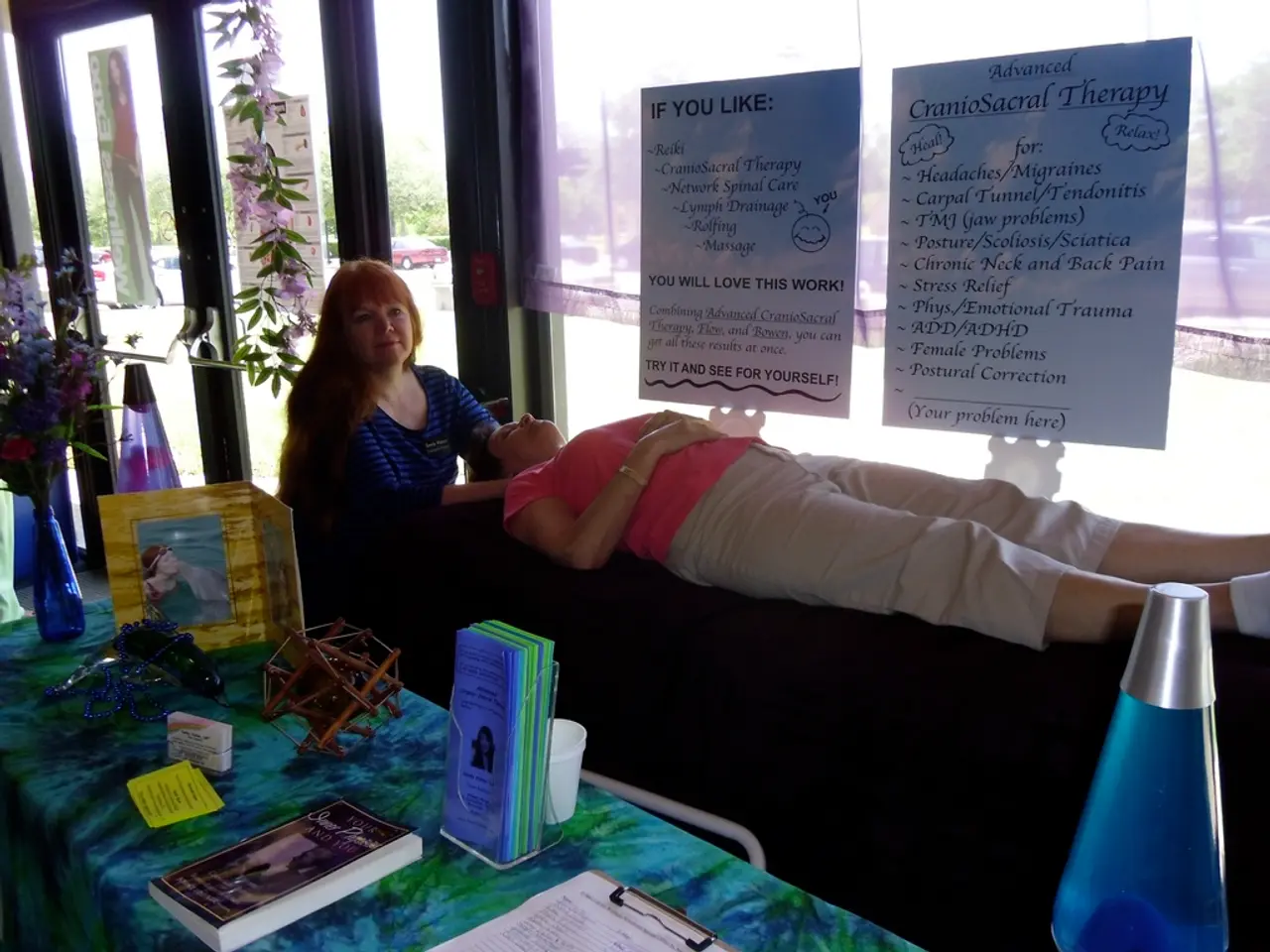Things Once Stigmatized Now Common Due to Overexposure and Exhaustion
In today's fast-paced world, self-care practices that were once considered taboo are now becoming more accepted and essential for managing burnout. This cultural shift is a testament to the growing awareness that mental health and work-life balance are not signs of weakness, but necessary for sustainable well-being and productivity.
One of the most significant changes is the acceptance of saying "no" and putting oneself first. Giving oneself permission to take breaks, decline extra work, or say no to others’ demands without guilt is no longer associated with guilt, but instead, people feel more at ease with canceling plans, especially if they know they don't have the social energy to interact with others.
Taking downtime seriously is another practice that has gained acceptance. Scheduling time for rest, hobbies, or social outings is no longer seen as a sign of laziness, but as productivity boosters. People are starting to understand the importance of recharging to maintain their overall well-being.
Seeking support, whether from friends, family, or professionals, is also becoming more accepted. Instead of isolating oneself when stressed or overwhelmed, people are reaching out for help, recognizing that it's not a sign of weakness, but a step towards maintaining their mental health.
Letting go of perfectionism and embracing mistakes is another shift that is gaining traction. People are learning to accept imperfection and treat themselves kindly, rather than critically. This self-compassion is crucial for maintaining mental health and preventing burnout.
Practicing positive self-talk, reconnecting with passions and purpose, starting a gratitude practice, eating well, and taking leaves or adjusting workload are other self-care practices that were once stigmatized but are now becoming more accepted.
Interestingly, crying is now seen as a sign of strength rather than a sign of weakness. Allowing oneself to be vulnerable and express emotions is becoming more accepted, with many recognizing the therapeutic benefits of tears.
Despite these positive changes, there are still challenges. For instance, many workers feel that taking time off from work means they are less committed to their job and are not being a team player, even though PTO exists for people to rest and recharge. However, as awareness about burnout and the importance of self-care grows, it is hoped that these attitudes will continue to change.
In conclusion, the normalization of self-care practices signals a growing awareness that managing mental health and work-life balance is critical rather than embarrassing. Life is unpredictable, and it's important to embrace the need to cry, take breaks, and prioritize self-care to maintain our overall well-being and build genuine connections.
Self-care has become essential in managing mental health and preventing burnout in the fast-paced world we live in, as people are learning to say "no" and prioritize their well-being without guilt. Scheduling relaxation, hobbies, or social outings is now recognized as a productivity booster, not a sign of laziness. Seeking support from friends, family, or professionals when stressed is becoming more accepted, rather than a sign of weakness. Letting go of perfectionism and embracing mistakes is crucial for mental health, while practicing positive self-talk, reconnecting with passions and purpose, starting a gratitude practice, eating well, taking leaves or adjusting workload are other self-care practices gaining acceptance. Interestingly, crying is now seen as a sign of strength, and the therapeutic benefits of showing vulnerability and expressing emotions are becoming more recognized. However, challenges remain, such as the stigma around taking time off from work for self-care, but growing awareness may help overcome these attitudes as mental health and well-being become more prioritized. Embracing the need for self-care and acceptance of vulnerability can help maintain overall well-being, build genuine connections, and foster a culture of workplace wellness, health and wellness, and personal growth. Education and self-development will play a key role in advancing this positive shift in attitudes and behaviors towards self-care.




